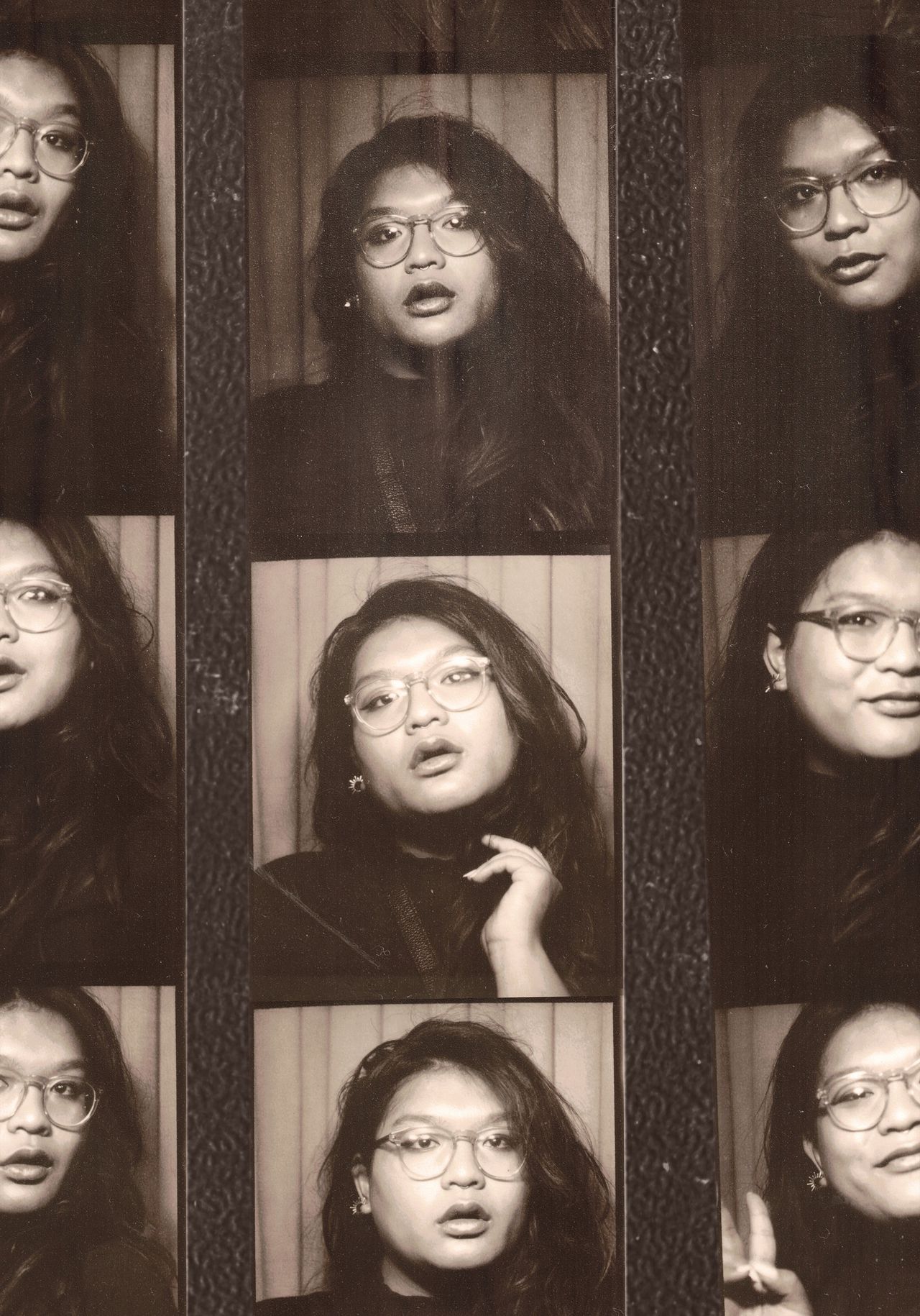Making history with their words: 17 trailblazing queer and trans poets of our generation
Poets, by definition, are creators. The word poetry comes from the Greek word poiein, meaning “to make.”
According to lesbian poet Mary Oliver, being creative is essential to living. In her poetry collection Upstream, Oliver said “You must not ever stop being whimsical. And you must not, ever, give anyone else the responsibility for your life.”
In a time where the LGBTQ community is fighting for its rights, Oliver’s words ring truer than ever. For queer and trans poets, the art of poetry allows them to be free of many limitations, be it language or the gender binary.
There is very little data on the demographics of poets. According to a research study on Zippia, a website for career recruitment, 62% percent of those who listed themselves as professional poets identified as women, while nearly 38% were men. It’s unclear how true the study’s data reflects the poetry community, but it definitely fails to factor in the various gender identities of poets who are LGBTQ.
“None of the categories [of our identities] are ever fully adequate to represent us,” said trans poet Joy Ladin during an interview for Lambda Literary. “Poetry must always find ways to represent us, whatever we are, that go beyond ready-made language.”
But given the rampant effort to ban books in schools, the future for LGBTQ poets seems grim. Earlier this month, county commissioners voted to keep a library in Texas open after being under fire for potentially banning 17 books that included LGBTQ stories. A mom applied to be on the literacy committee in the central Florida school district her son attends, worried that diversity books will be removed if parents like her don’t advocate for diverse literacy. According to the American Library Association, a nonprofit tracking book censorship, the effort to ban books in schools has nearly doubled between 2021 and 2022.
As lawmakers seek to control and censor student access to LGBTQ books in school, queer and trans poets are perhaps more urgent than ever. It is because of LGBTQ poets’ ability to be imaginative that allows readers to reckon with their understanding of the world, especially at a time when language is being used in legislations to directly cause the LGBTQ community harm.
LGBTQ poets are the leading example of using words to better the community, hopefully providing people a blueprint for circumstances like in Texas, Florida, and more. In the last week of April, which happens to be National Poetry Month, we’re highlighting queer, trans and non-binary poets who are conjuring new worlds through poetry.
Chrysanthemum Tran
Chrysanthemum Tran is a Vietnamese American poet, writer and performance artist. She was a 2019 recipient of the MacColl Johnson Fellowship from the Rhode Island Foundation, and a 2019 Artist Residency at Williams College. Her work can be seen in The New York Times, The Nation, Them, Bettering American Poetry, The Offing, and more. Outside of poetry, Tran works as a queer health researcher and a community historian.
You see, since men threatened by trans women
will always ensure our bodies empty themselves—
our biology obvious and flaccid on the on the bathroom floor
and doesn’t that make me a woman, biologically?
biological woman—
that’s me
— “Biological Woman (after Maya Angelou’s “Phenomenal Woman”)”
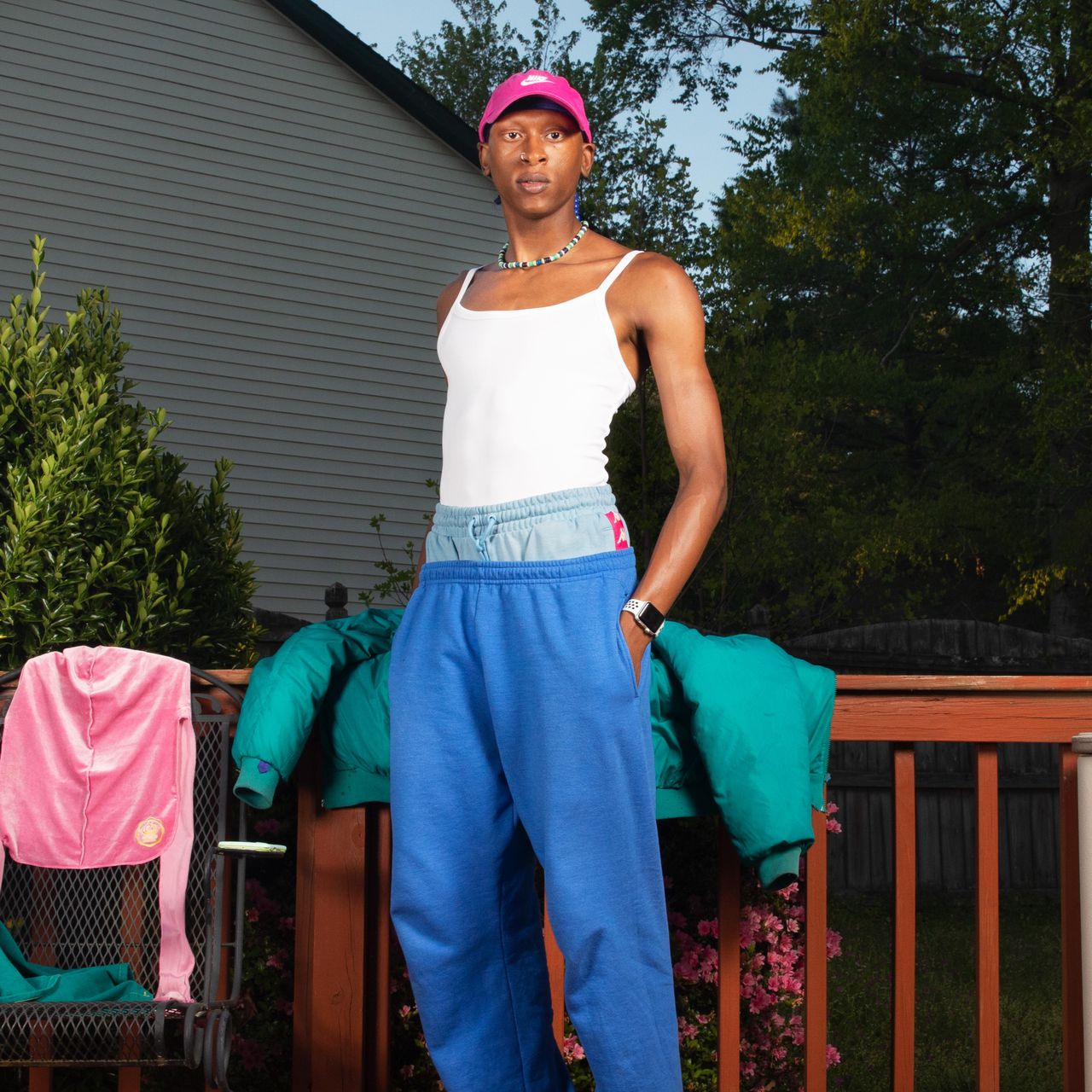
Golden
Golden is a gender-nonconforming trans photographer, poet, educator, curator and community organizer. They are the author of the Lambda Literary Award Finalist for Transgender Poetry, A Dead Name That Learned How to Live, and the award-winning photographic self-portraiture series On Learning How to Live, documenting Black trans life in the U.S.
See, I’m less scared of spiders than of people flying
out the window of this world’s womb web
& never getting to reach for them, to tell them,
Save your last look for a better tragedy.
— “Super-Human”
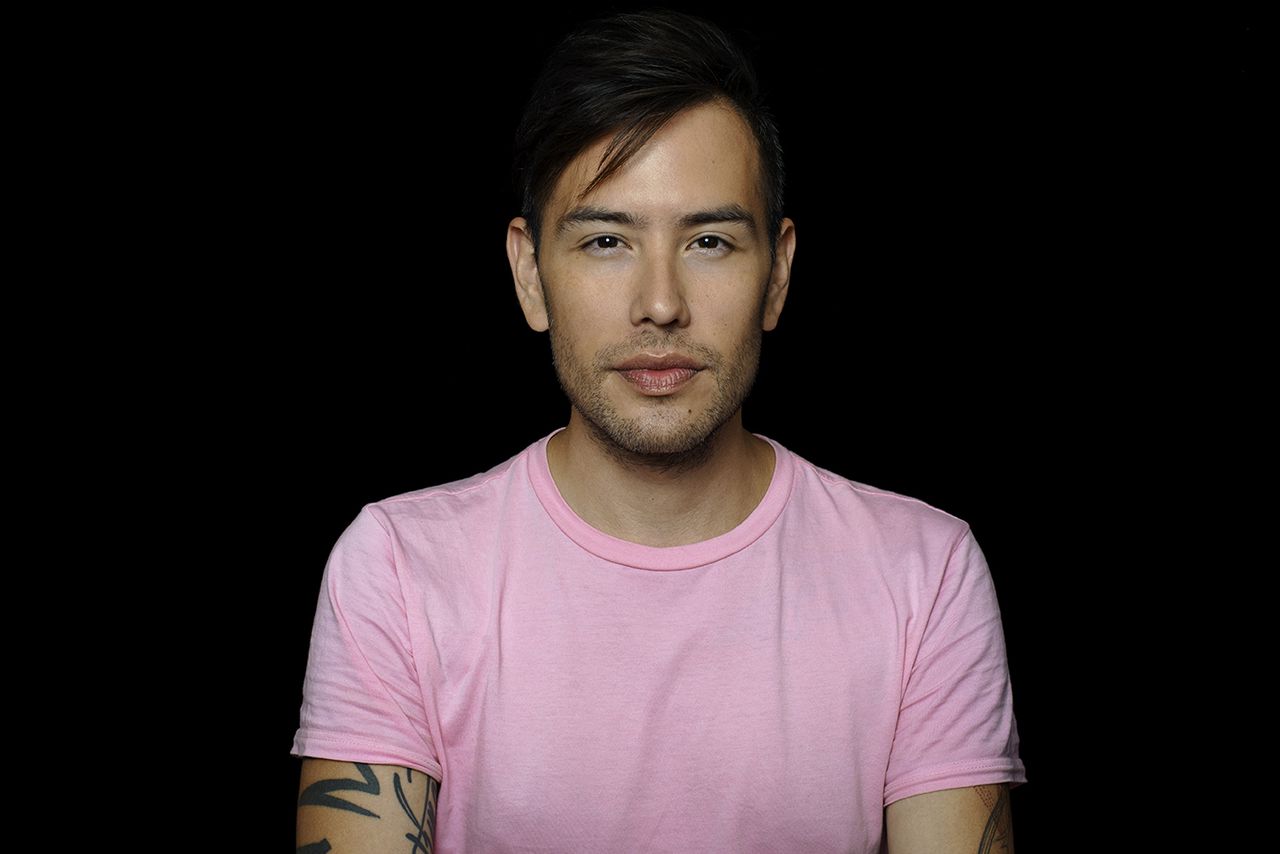
Tommy Pico
Tommy “Teebs” Pico is a poet, podcaster and TV writer. He is the author of the books IRL, Nature Poem, Junk and Feed. Originally from the Viejas Indian reservation of the Kumeyaay nation, he now splits his time between Los Angeles and Brooklyn. He co-curates the reading series Poets with Attitude, co-hosts the podcast Food 4 Thot and Scream, Queen! Pico writes on the TV shows Reservation Dogs and Resident Alien, and is a contributing editor at Literary Hub.
I guess this is a dirge
to the future I thought we could have
Not all plants were meant to grow together
in the same microclimate. Some things grow apart instead.
— an excerpt from Feed
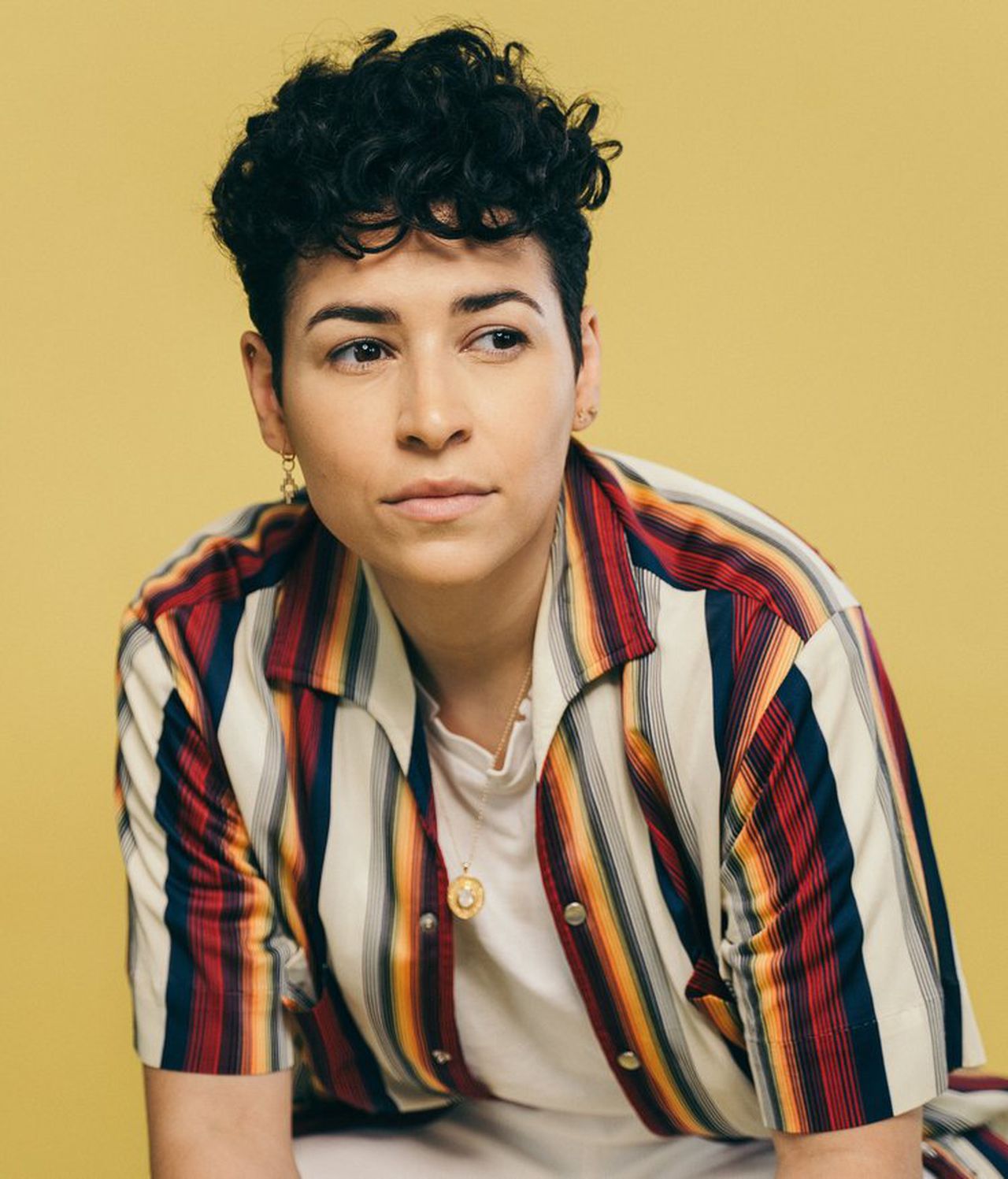
Denice Frohman
Denice Frohman is a poet and performer from New York City. A Pew Fellow and Baldwin-Emerson Fellow, she’s received support from CantoMundo, Headlands Center for the Arts and the National Association of Latino Arts & Cultures and Millay Colony. Her work has appeared in The New York Times, The BreakBeat Poets: LatiNext, Nepantla: An Anthology for Queer Poets of Color, ESPNW and elsewhere.
the neighborhood boys
who shot crooked, never learned my name, so I played them
Twenty-one, turned their ankles to jello,
made their backs kiss the floor, until they donned me
Lady Jordan, and who wouldn’t take that.
— “Lady Jordan”
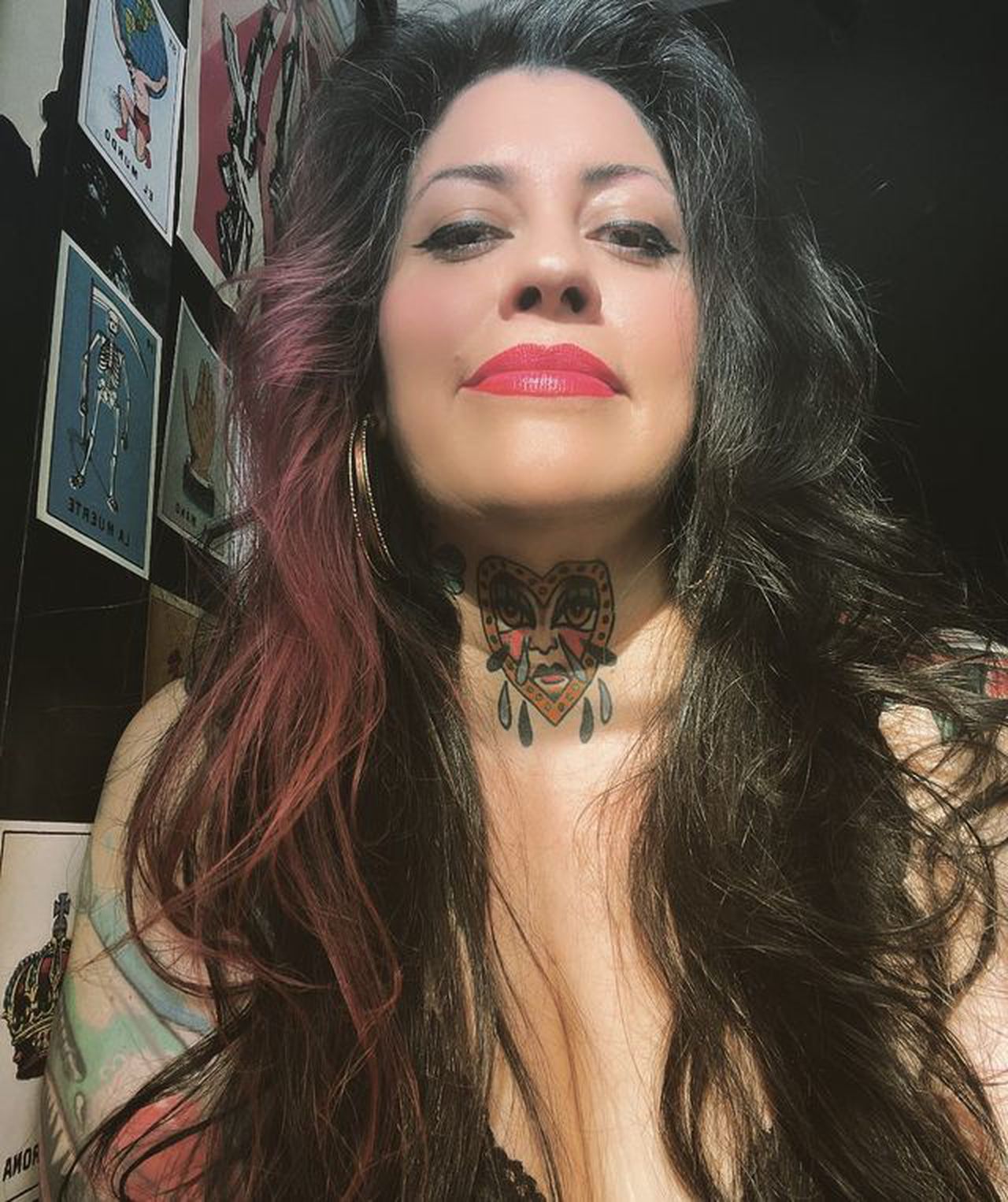
Rachel McKibbens
Rachel McKibbens is a Xicana poet, activist and playwright and essayist. A legend in the spoken-word poetry community, she is the author of the critically acclaimed volume of poetry, Pink Elephant. Her work has been featured in The Los Angeles Review, The Best American Poetry Blog, The Nervous Breakdown, The Rumpus and more. She recently worked on We Were Three, The New York Times’ podcast about her sudden family loss during COVID and the mysteries that unfold in the aftermath.
Let the man behind the church
do what he did if it brings me to you. Let the girls
in the locker room corner me again if it brings me to you.
Let this wild depression throw me beneath its hooves
if it brings me to you.
— “Last Love”
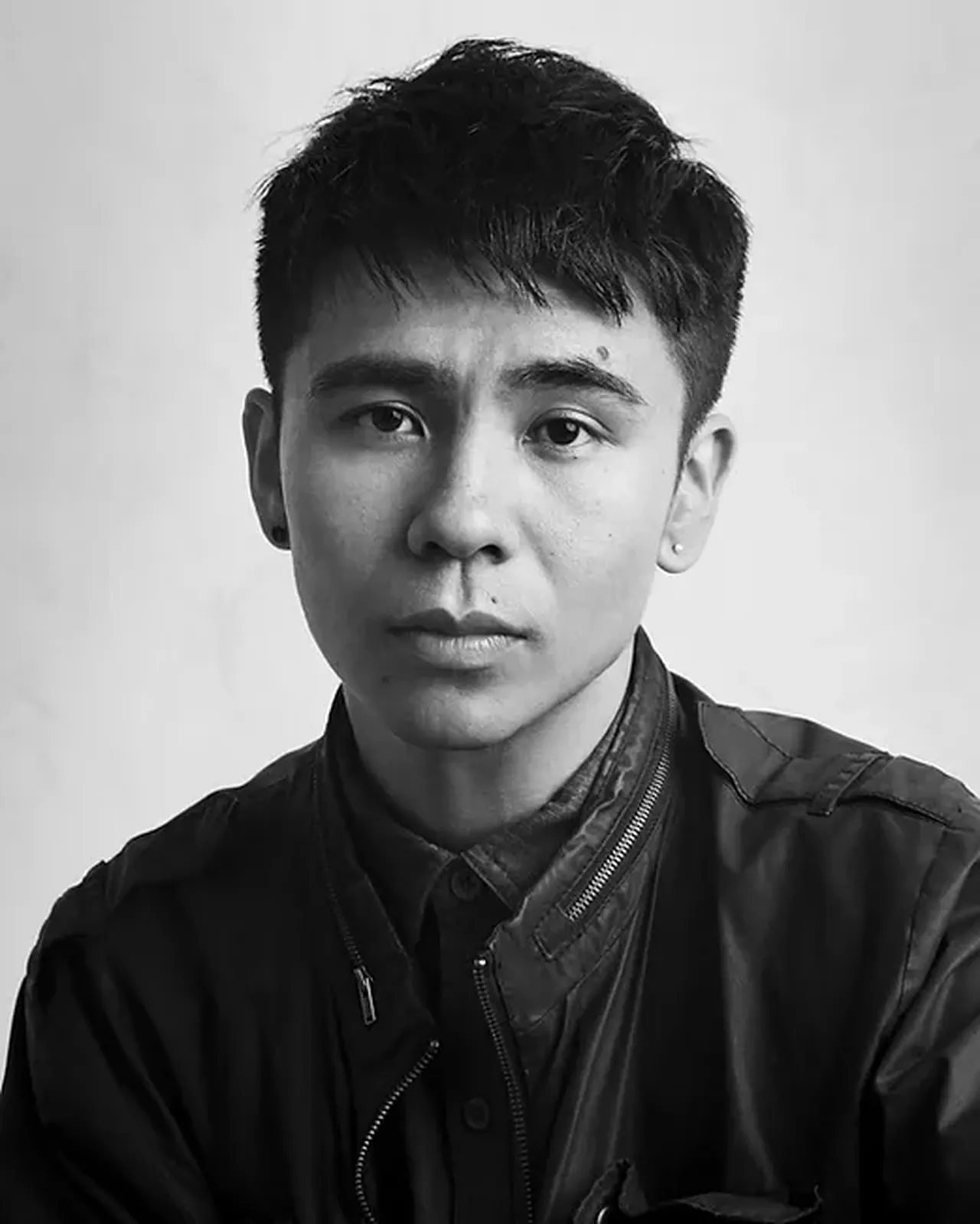
Ocean Vuong
Ocean Vuong is the author of The New York Times bestselling poetry collection Time is a Mother, and The New York Times bestselling novel On Earth We’re Briefly Gorgeous, which has been translated into 37 languages. A recipient of a 2019 MacArthur “Genius” Grant, he is also the author of the critically acclaimed poetry collection, Night Sky with Exit Wounds, a New York Times Top 10 Book of 2016, winner of the T.S. Eliot Prize, the Whiting Award, the Thom Gunn Award, and the Forward Prize for Best First Collection. A Ruth Lilly fellow from the Poetry Foundation, Vuong has received other fellowships from the Lannan Foundation, the Civitella Ranieri Foundation, The Elizabeth George Foundation, The Academy of American Poets, and the Pushcart Prize.
Don’t be afraid, the gunfire
is only the sound of people
trying to live a little longer
& failing. Ocean. Ocean —
get up. The most beautiful part of your body
is where it’s headed. & remember,
loneliness is still time spent
with the world.
— “Someday I’ll Love Ocean Vuong”
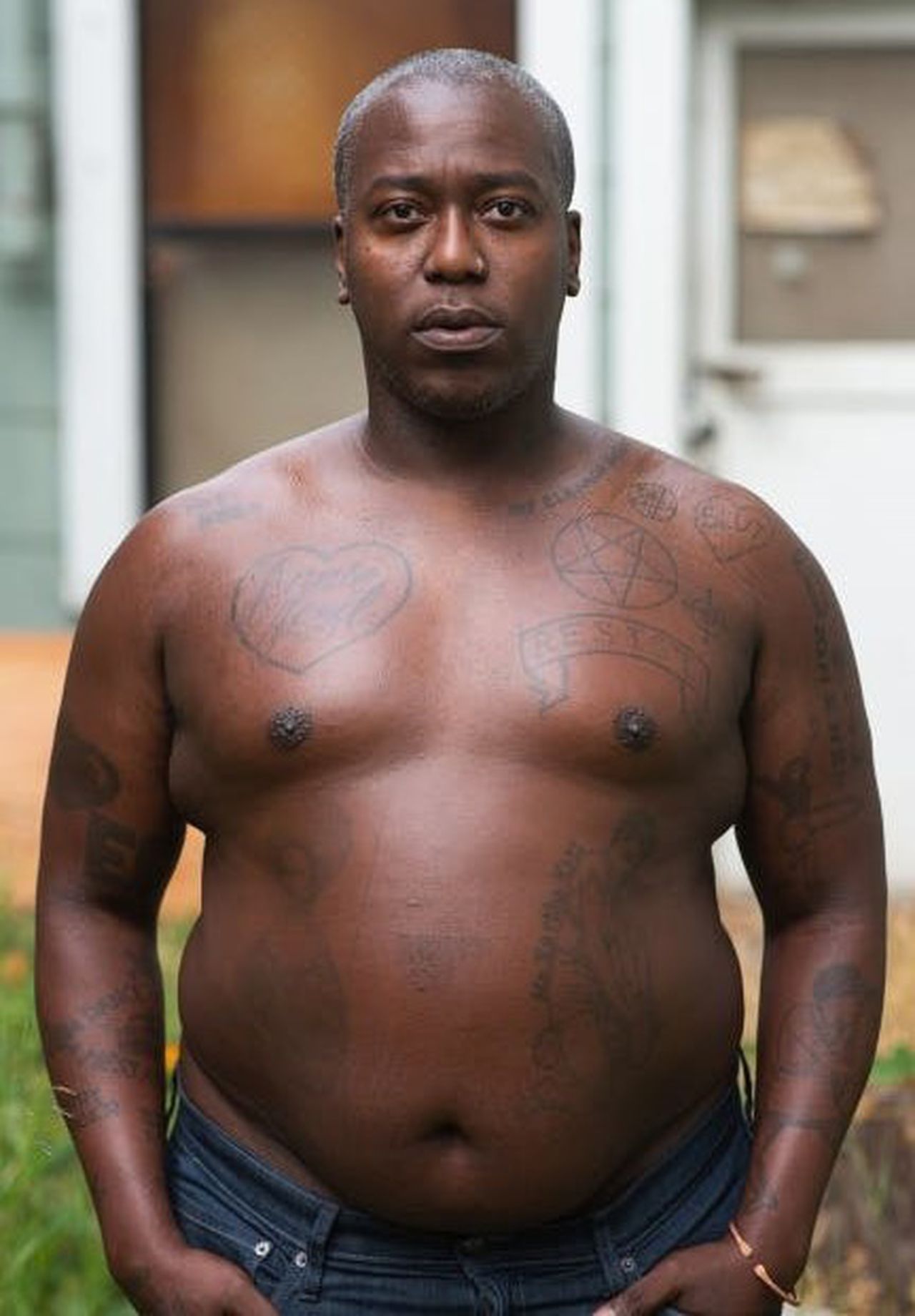
Brontez Purnell
Brontez Purnell is the author of Since I Laid My Burden Down as well as 100 Boyfriends, which won the 2022 Lambda Literary Award in Gay Fiction and was named an Editors’ Choice by the New York Times Book Review. The recipient of a 2018 Whiting Writers’ Award for Fiction, he was named one of the thirty-two Black Male Writers of Our Time by T: The New York Times Style Magazine in 2018. Purnell is also the frontman for the punk band the Younger Lovers.
I’m so fucking over me
I can’t even make myself hard for me anymore
Any time I try to get my dick hard to masturbate
The voice in my head is like
Ew
This guy again?
— “Poem for Sluts”
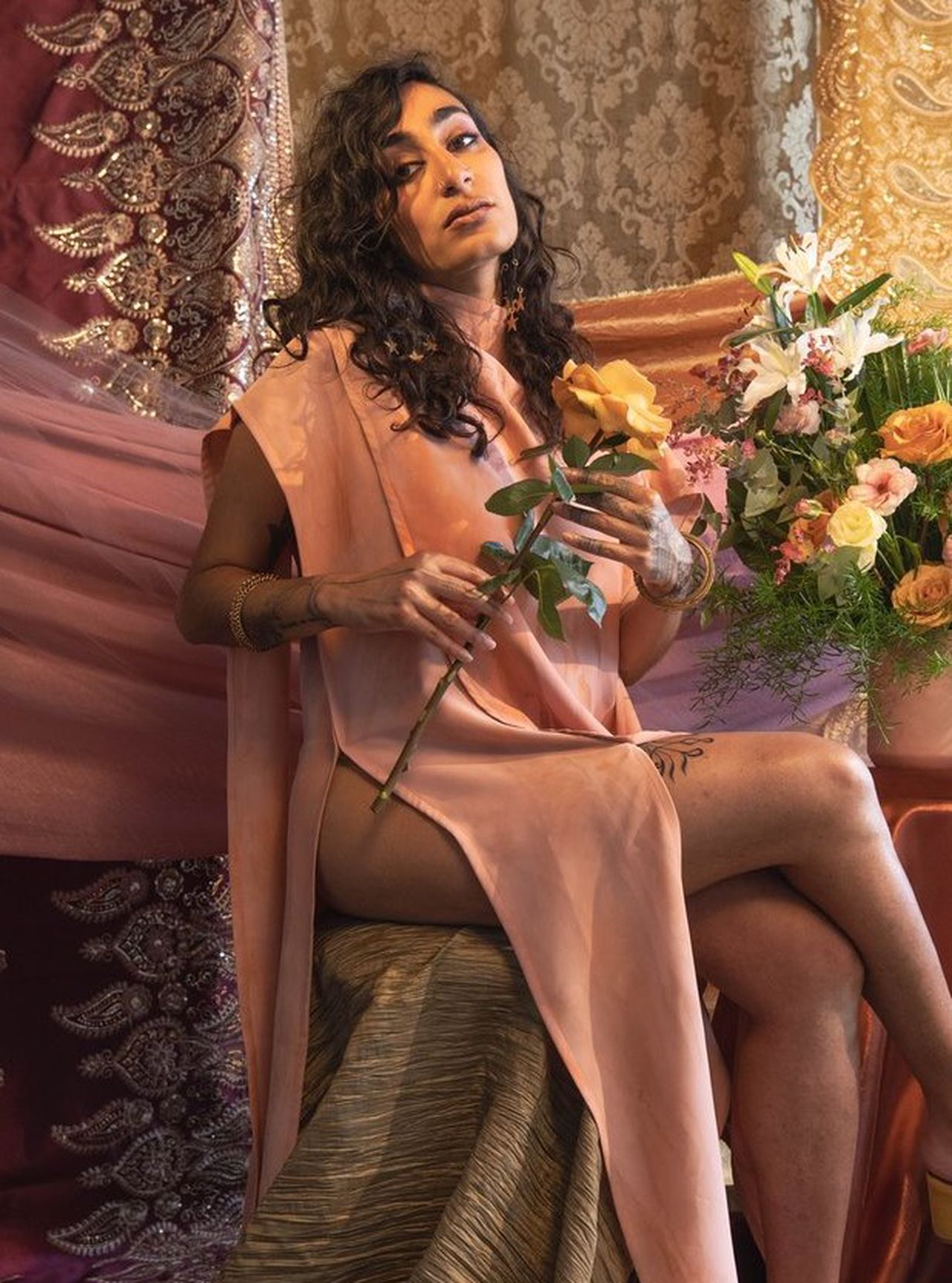
Fatimah Asghar
Fatimah Asghar is a poet, fiction writer and filmmaker. They are the author of If They Come For Us and When We Were Sisters. Along with Safia Elhillo, they co-edited Halal If You Hear Me, an anthology for Muslim people who are also women, trans, gender non-conforming, and/ or queer. They also wrote and co-created Brown Girls, an Emmy-nominated web series that highlights friendship among women of color. Recently, they wrote for Marvel’s TV series Ms. Marvel.
on my block, a fallen orange
smashed into sidewalk
its blood pulped on asphalt on my
block, Jordan hands me a jasmine
by the time i get home
all its petals are gone
— “Smell Is The Last Memory to Go”
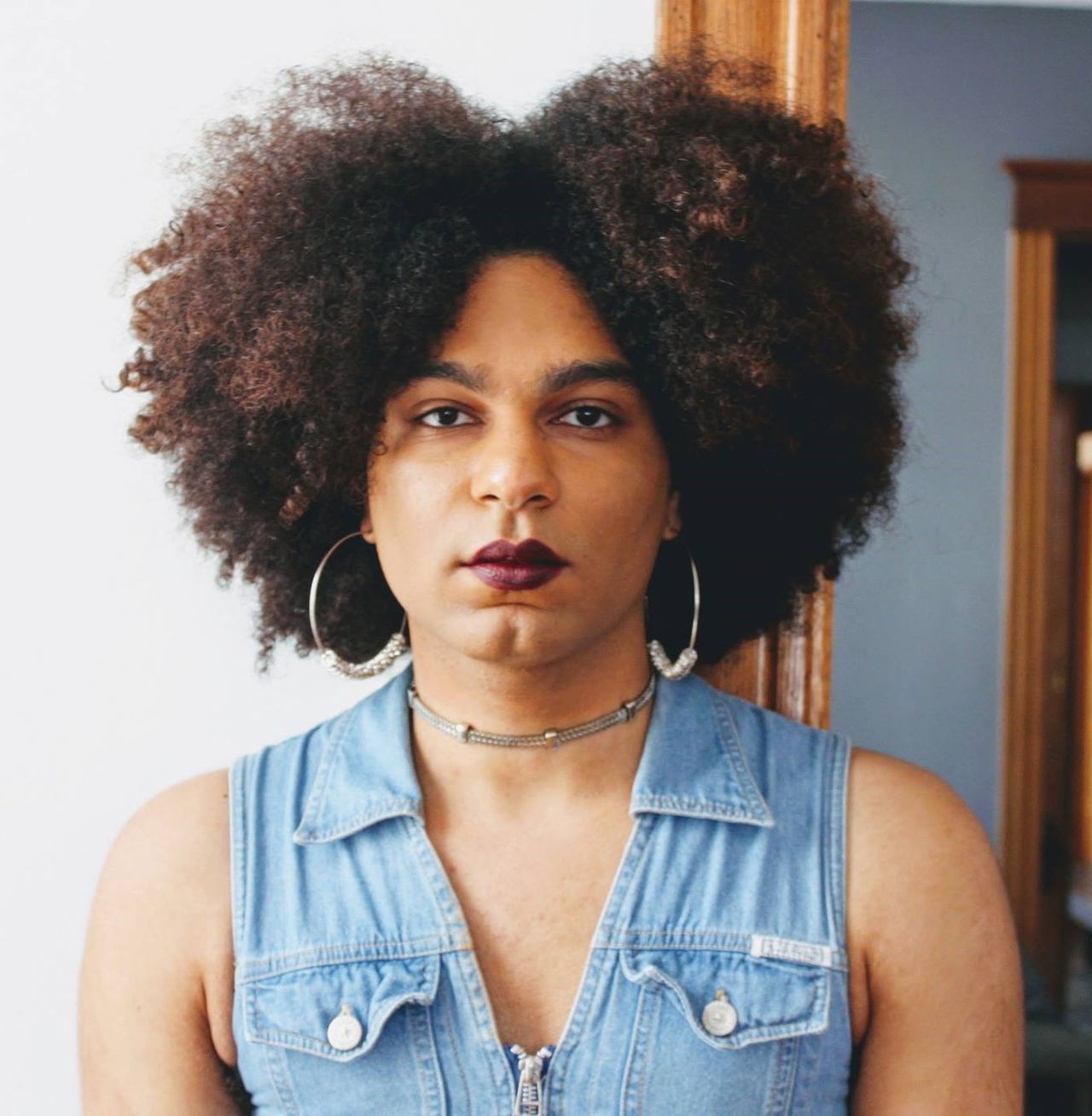
Justice Ameer
Justice Ameer is a poet, organizer, and abolitionist based in Providence, R.I. whose work explores the experience of being a Black trans woman “in an apocalyptic America”. Xe is a Pink Door fellow, FEM Slam Champion, and two-time Providence Grand Slam Champion. Xe is a co-writer & producer of the production ANTHEM, along with Chrysanthemum Tran. Ameer believes art is a crucial tool for Black queer liberation, and that xyr poetry is “a practice in becoming unapologetic and unafraid.”
the bo’y wakes up
the bo’y looks at itself
the bo’y notices something missing
there is both too much and not enough flesh on the bo’y
— “body without the “d””
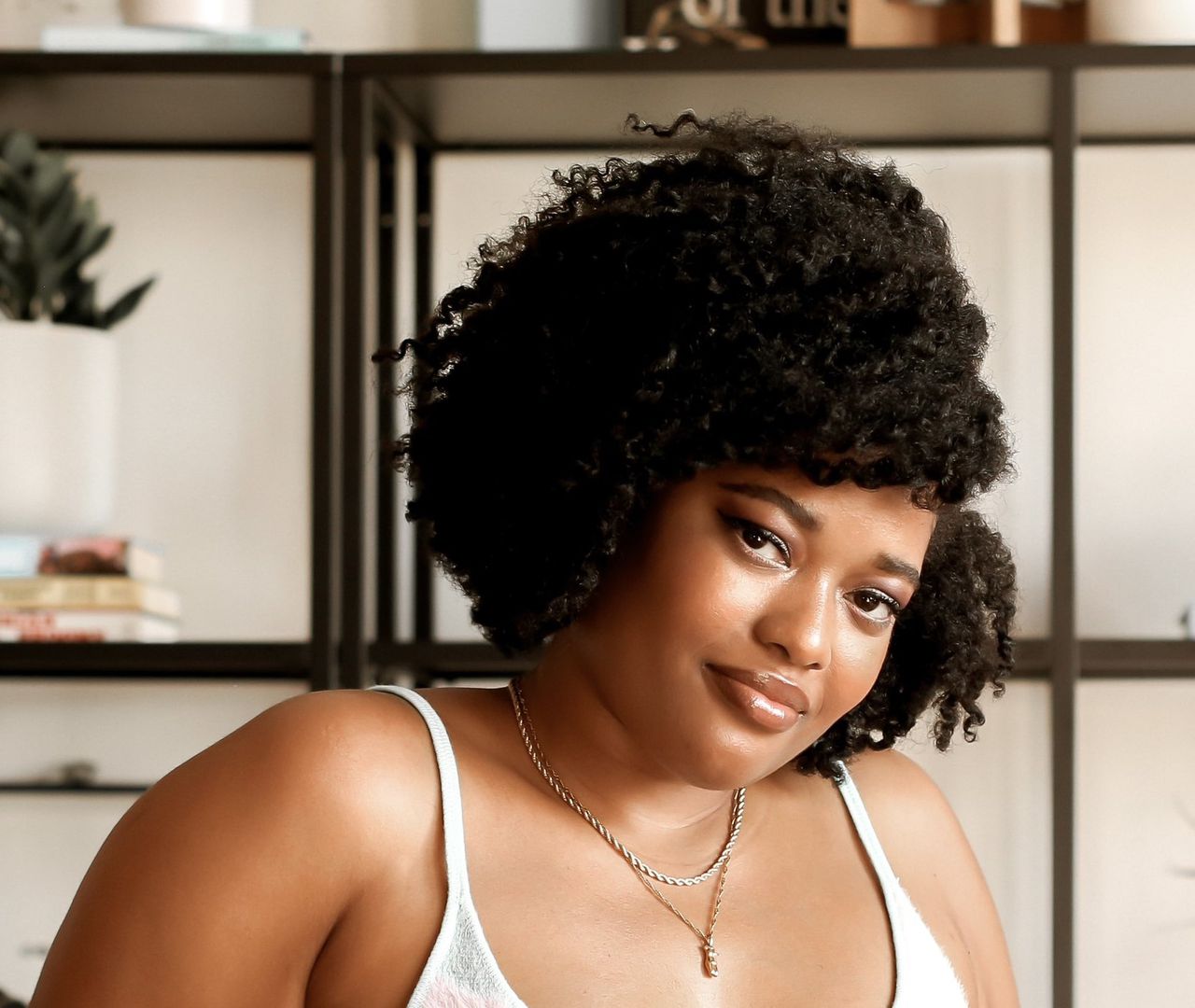
DeShara Suggs-Joe
DeShara Suggs-Joe is the Creative Director for Winter Tangerine and the co-founder of the Daughter’s Tongue Coalition. Her forthcoming poetry chapbook, published by Button Poetry is called If My Flowers Bloom. Suggs-Joe has received fellowships from Callaloo, The Poetry Incubator, and Pink Door. She was also the Writer in Residence for the Black Light Exhibition at the Wattis Institute for Contemporary Art
Tickle the moon and create moon-
light. Endless sea to sea.
There is no afterlife. No sonofabitch who
can kill me / notorious. Blow out
kneecaps summoning the wind. Strike
you down by your lies / watch your mouth
watch your blood / clots.
— “Ode to Black Light”
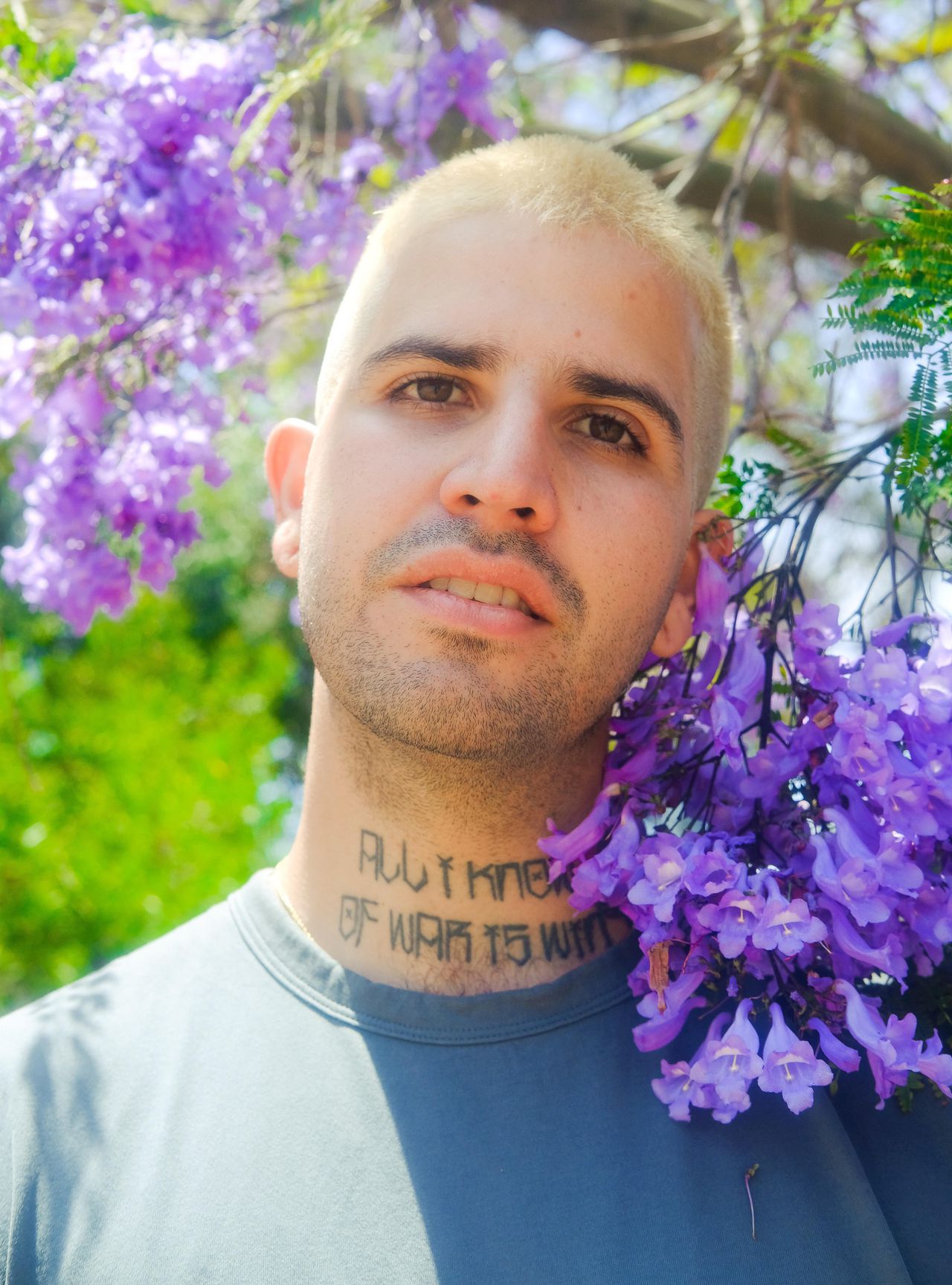
Christopher Soto
Christopher Soto is a poet based in Los Angeles, Ca. Last year, they published a poetry collection, Diaries of a Terrorist, a collection about the “abolition of policing and human caging.” The Boston Globe named their debut one of the best books of 2022. Later in the year, he was honored with Them’s Now Award in Literature for “representing the cutting edge of queer culture.” Soto was also honored as part of Out100, which celebrates the most impactful and influential LGBTQ people.
This is her house // She begged the wind to hold her
Reporters said the killing was justified
But we thought // Nobody should be killed by police
So we wrote it // On a banner
By the encampment
— “Chandelier Hangs In The Shape of An Octopus”
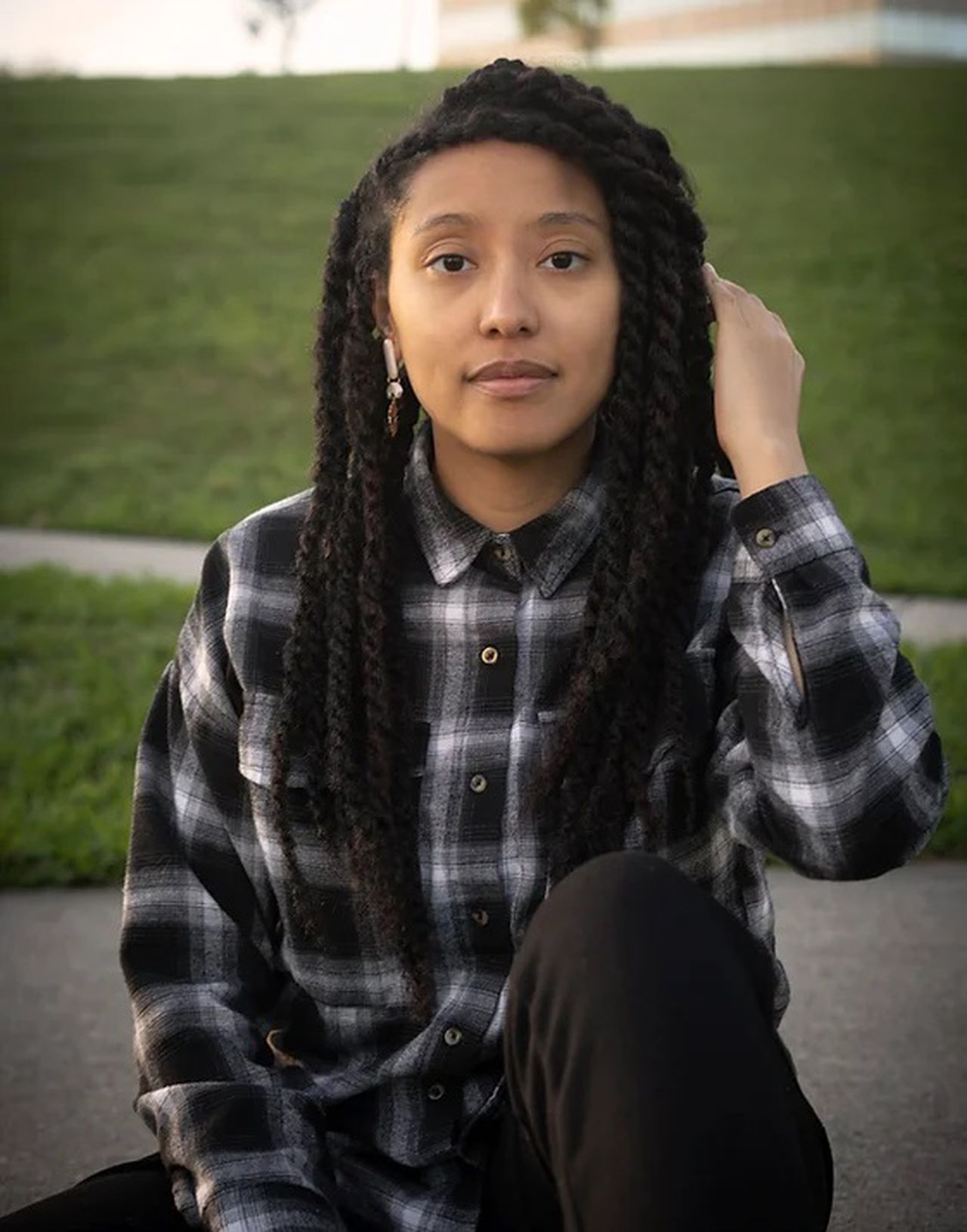
Ariana Brown
Ariana Brown is a queer Black Mexican American poet from the Southside of San Antonio, Tx. now based in Houston, Tx. She is the author of the poetry collections We Are Owed and Sana Sana. Brown’s work “investigates queer Black personhood in Mexican American spaces, Black history and girlhood, loneliness, and care.” Her debut poetry EP, LET US BE ENOUGH, is available on Bandcamp. She is also the recipient of the 2019 National Association of Latino They hold the title of 2014 national collegiate spoken-word tournament, CUPSI.
6. I am always amazed that the ability to forget history is a choice for some people, instead of an ancestral battle against hating the self and all its words for being.
7. Can you still be considered an immigrant if you are traveling to a place that was yours to begin with?
— “Volver, Volver”
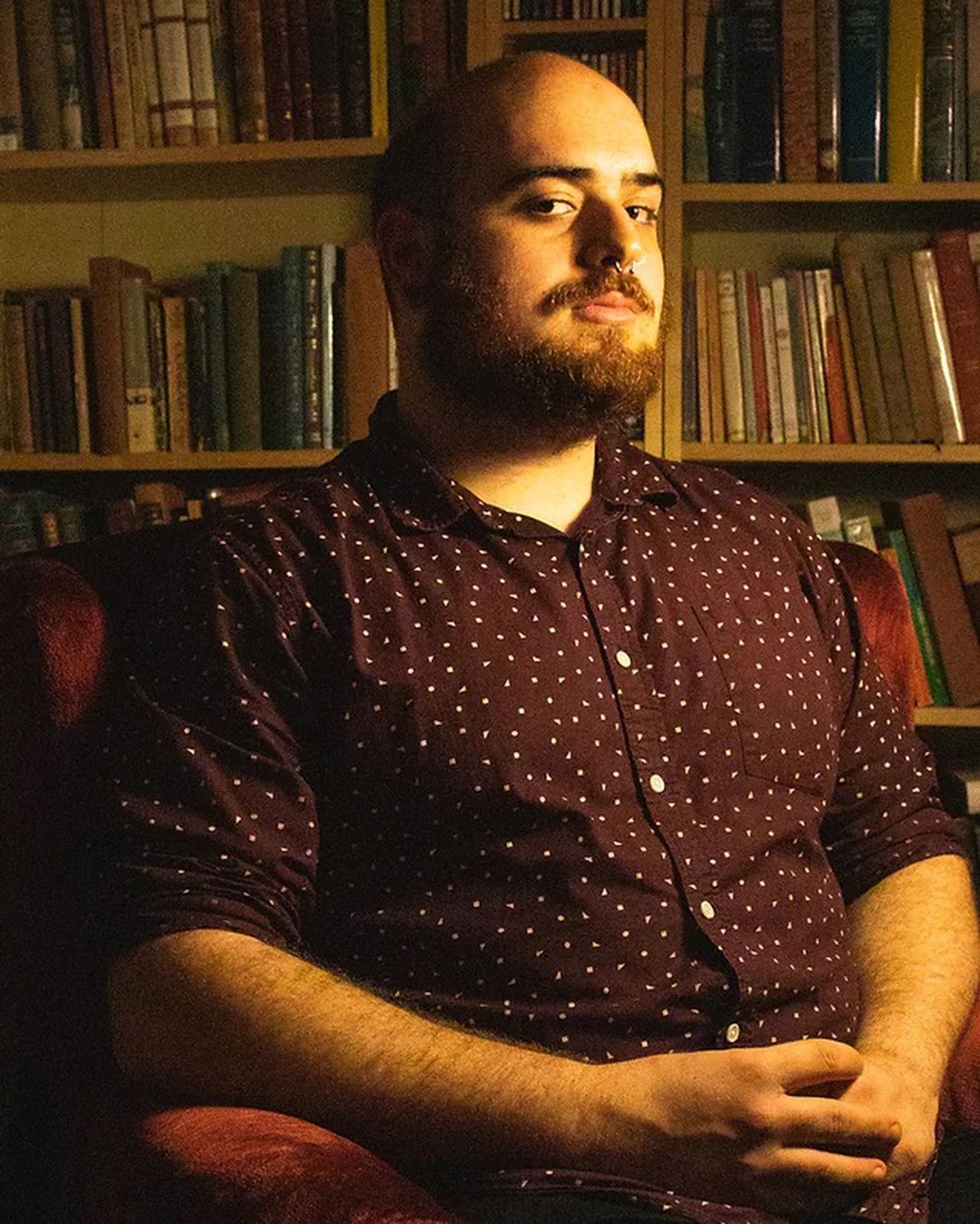
George Abraham
George Abraham is a Palestinian American poet, performance artist and writer. Their debut poetry collection Birthright won the Arab American Book Award and the Big Other Book Award in Poetry, and was a finalist for the Lambda Literary Award in Bisexual Poetry. He is also the author of the chapbooks al youm, and the specimen’s apology. They are a board member for the Radius of Arab American Writers and a winner of the 2018 Cosmonauts Avenue Poetry Prize selected by Tommy Pico, and a recipient of the “Best Poet” title from the 2017 CUPSI. Their writing has appeared in Poetry Magazine, The Nation, The American Poetry Review, Guernica, The Paris Review and more.
A country can only be accountable for the screams
We cannot unhear or unwrite. From our memory,
A history unfragmented, free of limbs disfigured.
We cannot unhear or unwrite, from our memory,
A history unfragmented. Free of limbs disfigured,
Would you believe me if I said I bled for this?
— “Ekphrasis With Toothing Chainsaw in Unnamed Halhul Vineyard”
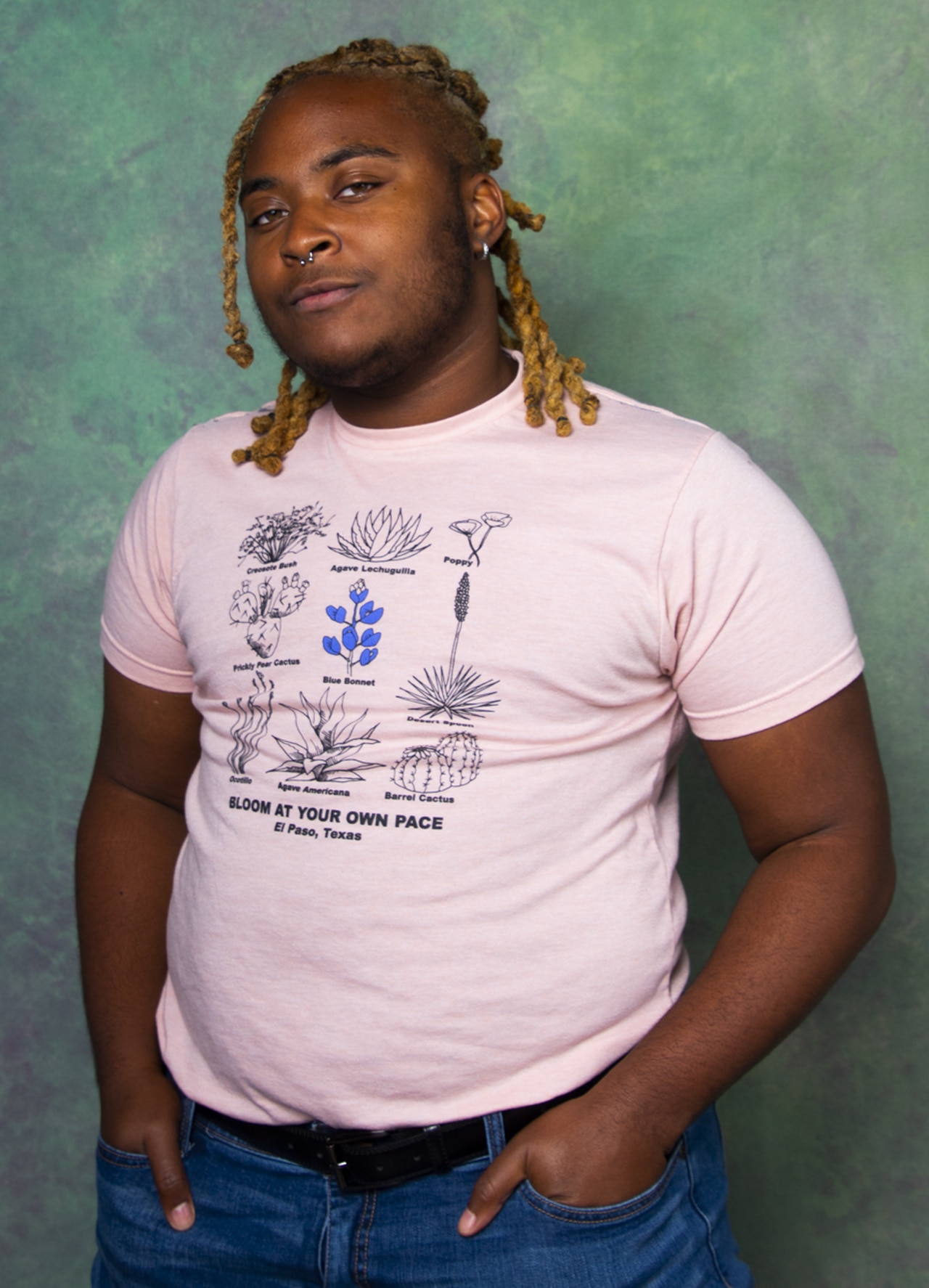
KB Brookins
KB Brookins is a Black, queer, and trans writer, cultural worker, and artist from Texas. They are the author of How to Identify Yourself with a Wound, winner of the Saguaro Poetry Prize and American Library Association Stonewall Honor Book in Literature. Brookins’ writing is published in Academy of American Poets’ Poem-a-Day, HuffPost, Poetry Magazine and more. Their honors include a National Endowment of the Arts fellowship, PEN America’s Emerging Voices fellowship, and a Lambda Literary fellowship among others. They have two books—Freedom House and Pretty—forthcoming.
I fail
much like the crumbles of roots that become unalive
when getting this plant over to the other pot. We all need room
enough for our greatness. You’re doing great in some other city
& mine too while I wait for you to live someplace other than
my discomfort.
— “Snake Plant”
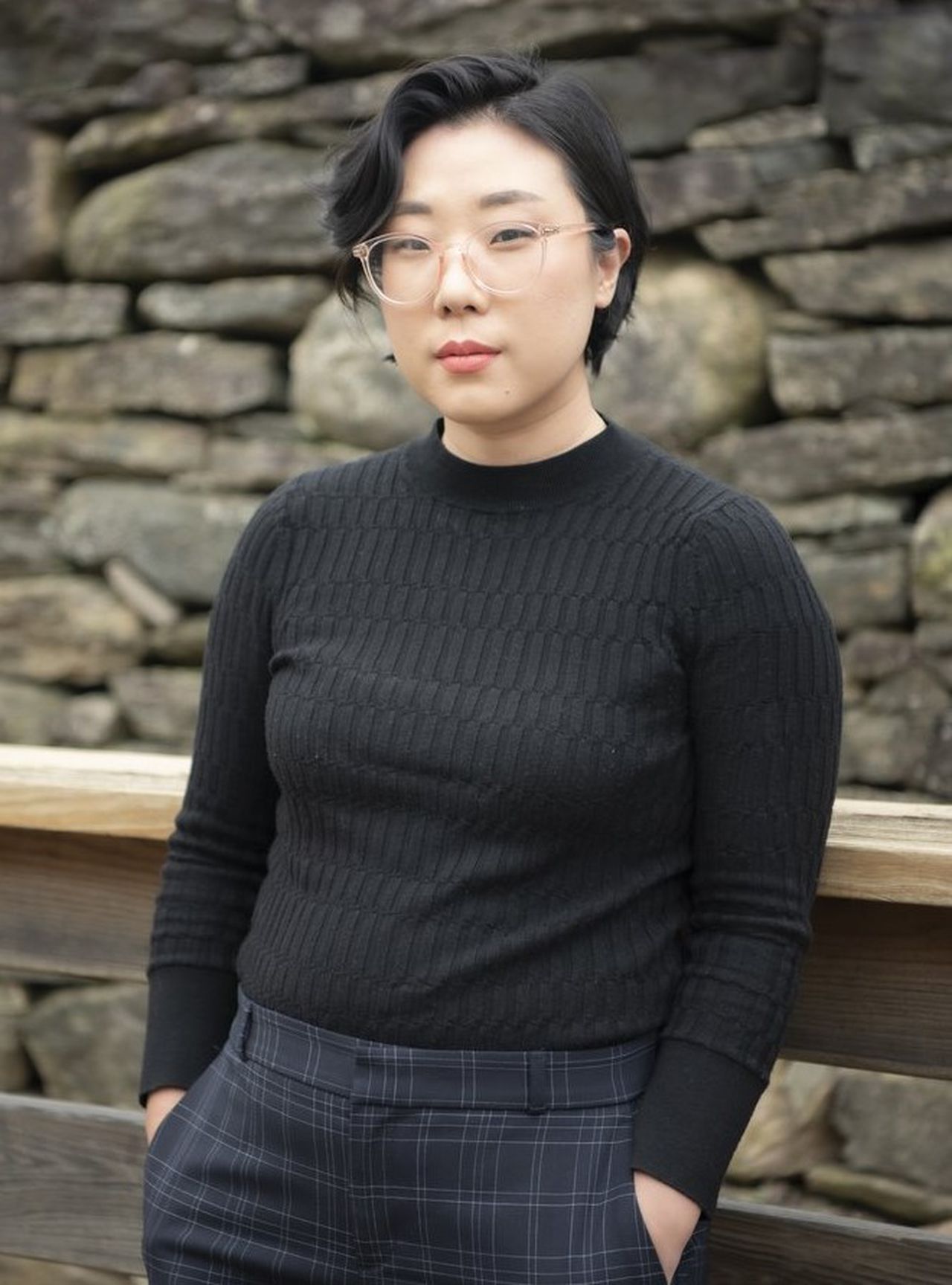
Franny Choi
Franny Choi is the author of several books, including The World Keeps Ending, and the World Goes On, Soft Science, Floating, Brilliant, Gone and a chapbook, Death by Sex Machine. She was a 2019 Ruth Lilly and Dorothy Sargent Rosenberg Fellow and has received awards from the Rhode Island State Council on the Arts and Princeton University’s Lewis Center. Her poems have appeared in The New York Times, the Nation, the Atlantic, Paris Review, and elsewhere. She is currently an Arthur Levitt, Jr. Artist-in-Residence at Williams College.
If I call myself unloveable, I am, practically; if I say it
enough times: unloveable. Then, like practical magic,
I’m hollow as old garlic; I’m distance-skinned.
I’m a long, mean package, a terror-dyke, a nag, a squinting,
slut-spun hag—it’s easy, really. It’s the simplest thing,
I do it in my sleep. I have invasive dreams,
after all, they infect my lover’s skull, they crank our jaws
into four slow hammers.
— “Unlove Poem”
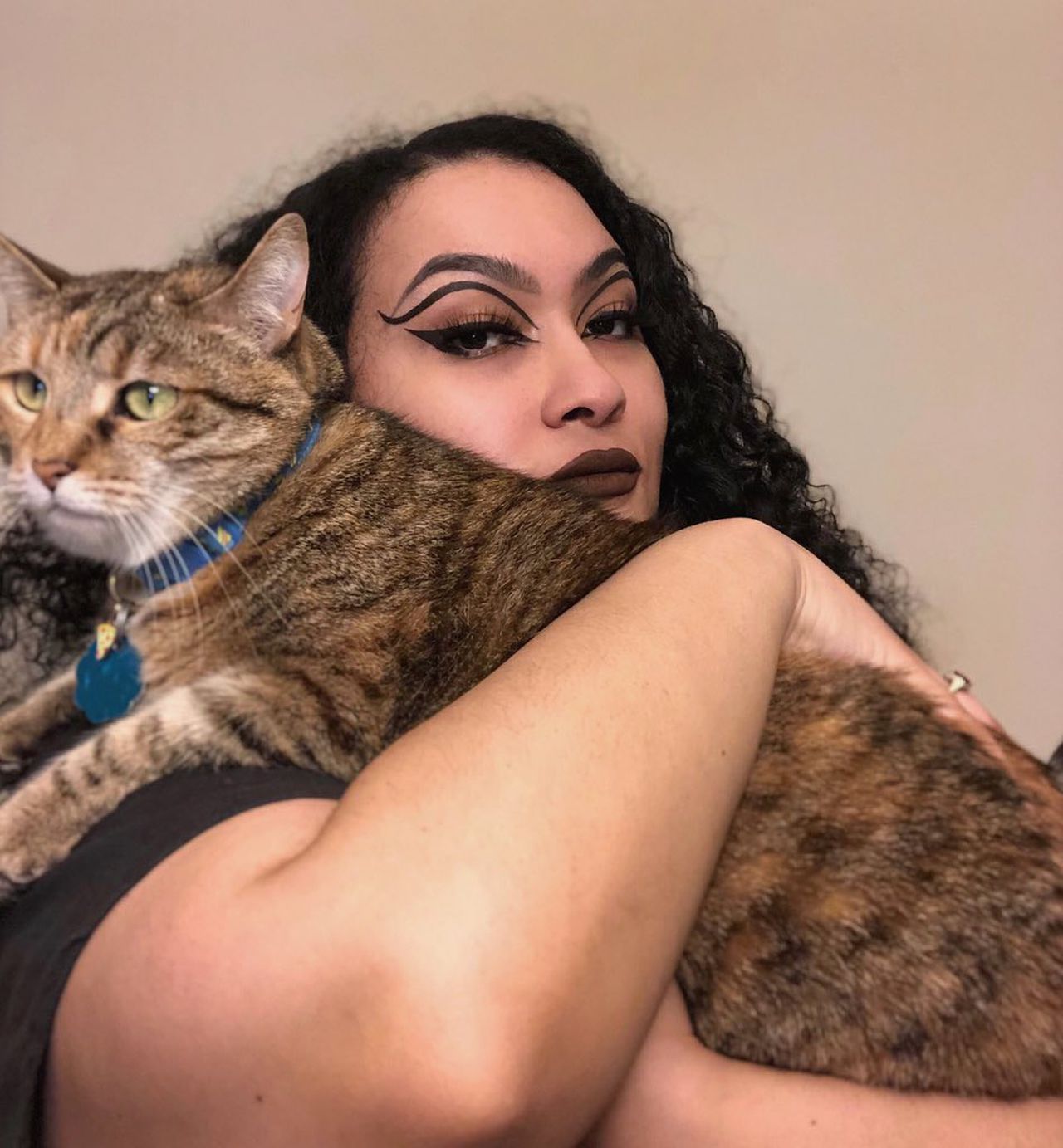
Simone Person
Simone Person is a Black queer femme and two-time Pink Door Writing Retreat fellow. Their work explores grief through poetry and prose. Their debut prose chapbook, Dislocate, won Honeysuckle Press’ 2017 Chapbook Contest, and their debut poetry chapbook, Smoke Girl, won Diode Editions’ 2018 Chapbook contest. Person was longlisted for the 2021 Granum Prize, the 2021 Frontier Open, and named a runner-up for Underblong’s Blongprize. They were the winner of Boston Review’s 2021 Annual Poetry Contest.
vengeance-electric, I’m eager to blister your
bloodline. I’ve returned as blunt scythe to slit you into a new kind of man, heeled beneath the
rough of my gaze.
each time you muscle me down this cobblestone, I scalp a sharper way up.
and now you’ll have to look at your tombed mistake, a gaunt exposure of what you thought
you’d buried. you’re running out of places to hide from me.
— “Cry Wolf (After Jean-Léon Gérôme’s “Truth Coming from the Well Armed with Her Whip to Chastise Mankind”)”
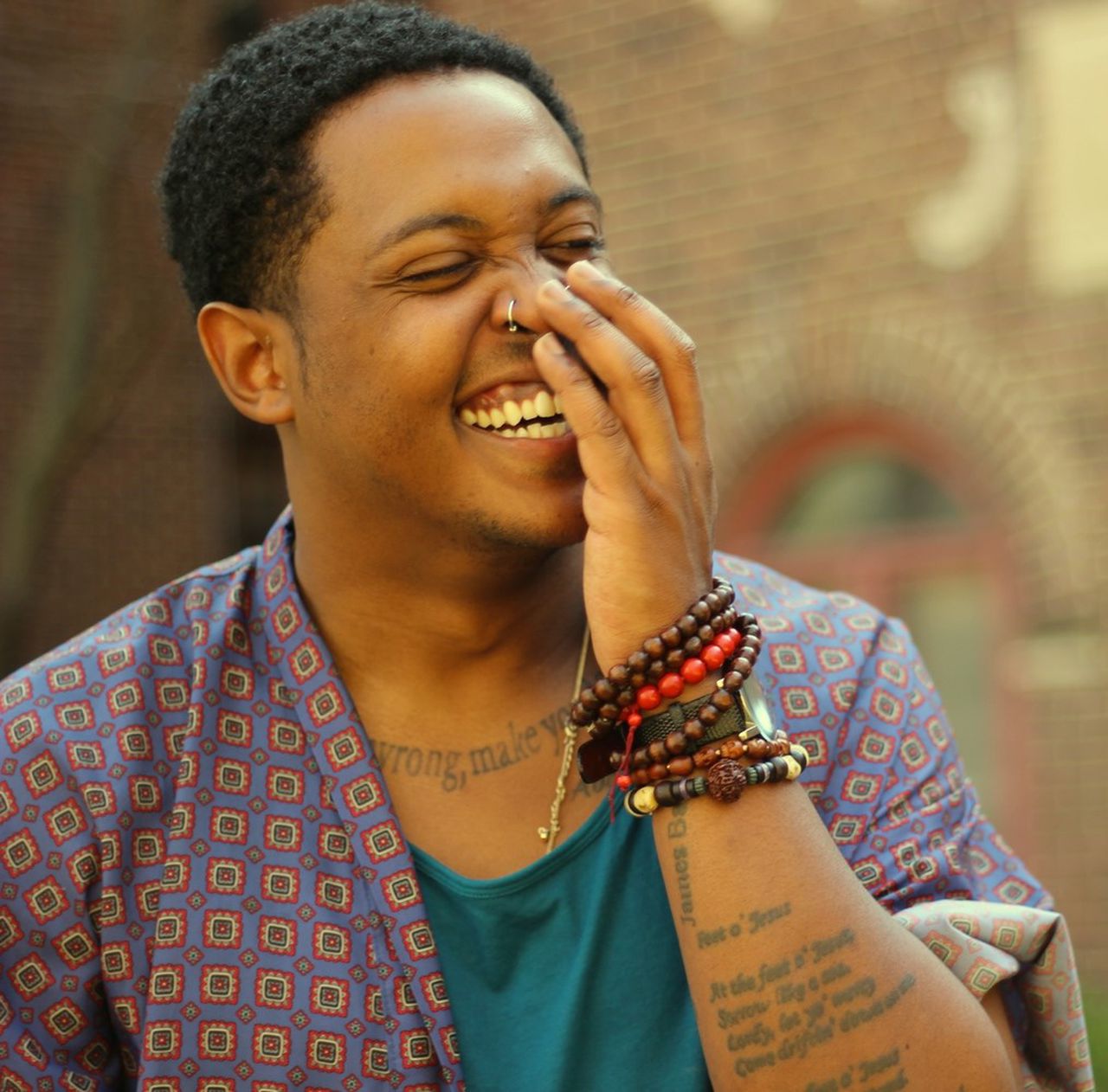
Danez Smith
Danez Smith is the author of three collections, including Homie and Don’t Call Us Dead. They won the Forward Prize for Best Collection, the Minnesota Book Award in Poetry, the Lambda Literary Award for Gay Poetry, and have been a finalist for the NAACP Image Award in Poetry, the National Book Critic Circle Award, and the National Book Award. Their work is featured in Vanity Fair, The New York Times, The New Yorker, and on the Late Show with Stephen Colbert. Smith was also featured as part of Forbes’ annual 30 Under 30 list and is the winner of a Pushcart Prize.
this gin-heavy heaven, blessed ground to think gay & mean we.
bless the fake id & the bouncer who knew
this need to be needed, to belong, to know how
a man taste full on vodka & free of sin. i know not which god to pray to.
i look to christ, i look to every mouth on the dance floor, i order
a whiskey coke, name it the blood of my new savior.
— “The 17-Year-Old & the Gay Bar”
